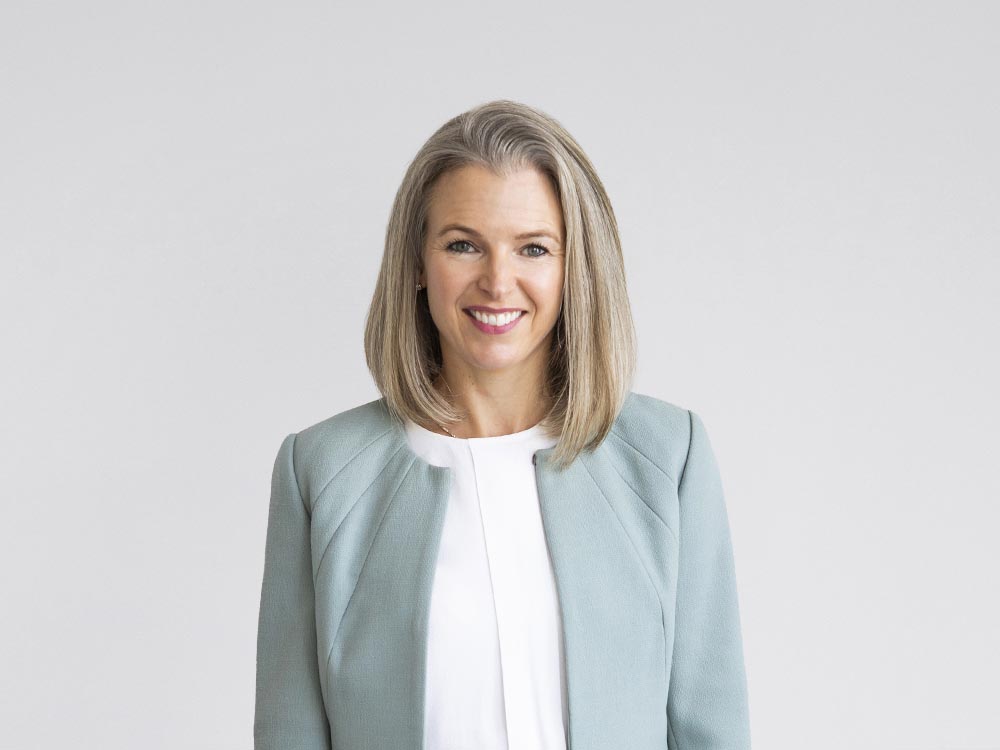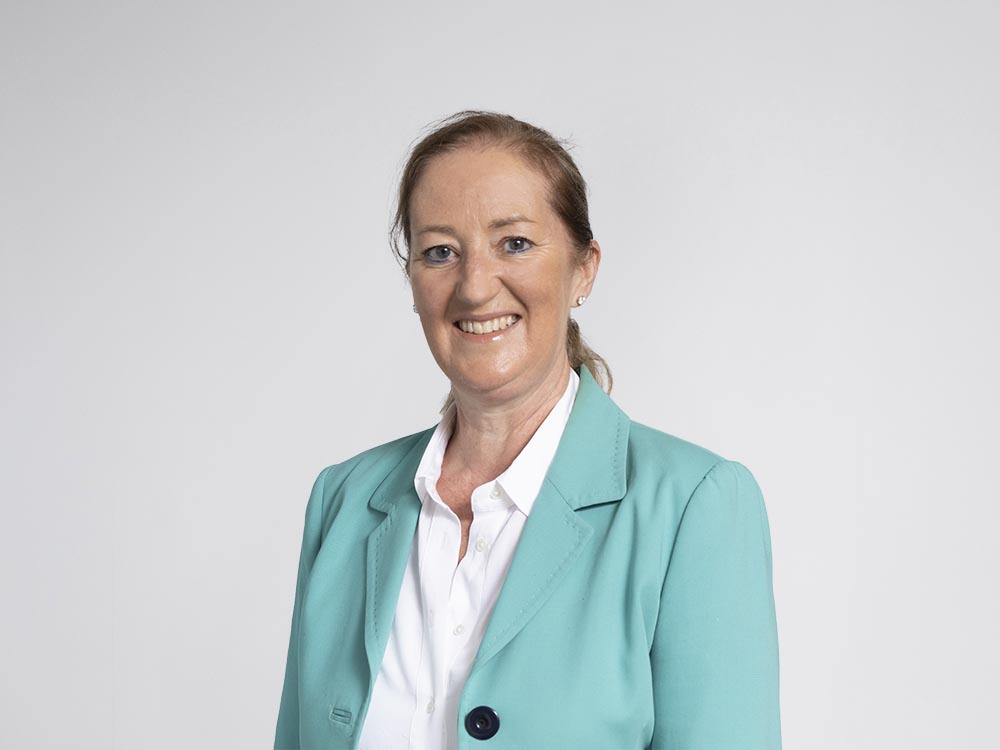Dellwyn Stuart, MindTheGap Co-Founder, discusses why businesses in New Zealand should measure and report their pay gaps, what’s involved, and how they can benefit from doing so.
New Zealand is falling behind internationally on addressing its pay gaps according to the MindTheGap campaign.
Launched in 2021, to address the pay gap in New Zealand, MindTheGap has three tangible objectives: for employees to #Just Ask their employers about the pay gap, to get New Zealand businesses to publicly register their pay gap and to encourage the government to make pay gap reporting mandatory.
MindTheGap Co-Founder Dellwyn Stuart says, in New Zealand the pay gap has stayed at 9.1 per cent for more than 10 years but Strategic Pay says that gap is likely to be as much as 18 per cent in corporates. This means for every dollar a Pakeha man earns, a Pakeha woman earns $0.89, a Māori man earns $0.86, and a Māori woman earns $0.81.
A recent report by the Global Institute for Women’s Leadership prepared for the United Nations says internationally there is a growing appetite for change, with the United States, European Union and countries from Ireland to Israel pushing to introduce systems to promote greater pay equality in the workplace.
Dellwyn says the negative implications of gender pay gaps can be connected to poorer health outcomes for women and children, and lead to more women living in poverty in old age. And she says women have suffered disproportionately during the pandemic and have been excluded from their employment at higher rates than men.
Gender pay gaps reflect women’s under-representation in senior roles, over-representation in low-paid and insecure work, the unequal distribution of unpaid caring work and the impact of bias and discrimination.
Earning less through a lifetime of working also impacts retirement. A recent report from the Retirement Commission shows men’s KiwiSaver retirement savings are 20 per cent higher than that of the average woman. The report shows men’s average balances are $32,553 compared to women’s $27,061, based on almost 3 million members.
The widest gaps in balances are between men and women in their 40s and 50s, a time of life when the power of compound interest starts to wane. On average, women in their 40s have about 30 per cent less money in their KiwiSaver than men. Women in their 50s have about 32 per cent less than men.
Dellwyn says MindTheGap is seeking legislation to require businesses to publicly report their pay gaps. There is evidence that this works in other countries where businesses have begun to shrink the gender pay gap by between 20 and 40 per cent.
Analysis applying what the impact of pay gap reporting has been in other countries to New Zealand showed that a woman earning the current median wage ($26.37 per hour) could receive $12.80–$35.77 a week more.
Dellwyn says while $35 may not sound like a lot, it could make a difference to the lives of some employees.
"$35 a week is an extra eight loaves of bread, or five dozen eggs, or another 12 litres of petrol. That could make a difference in many households. We can’t afford to waste any more time addressing this issue.”
$35 a week is an extra eight loaves of bread, or five dozen eggs, or another
12 litres of petrol. That could make a difference in many households. We can’t afford to waste any more time addressing this issue.
Dellwyn says there are many positives for businesses to address their pay gaps.
“As well as ensuring employees equality, increasingly, consumers are making spending decisions based on pay gap data reporting. And women are also more likely to apply for jobs with companies with lower pay gaps.”
There is widespread public support for pay gap reporting in New Zealand. A poll shows that more than half of New Zealanders (58%) believe that large businesses should be required to share any pay gaps regularly and publicly (women 62 per cent, men 54 per cent). A similar amount said they were concerned about large pay gaps and 68 per cent agreed large businesses should be required to make pay gaps known to job candidates.
Mind the Gap is calling for the Government to work with businesses to agree on a standardised approach to reporting and introduce pay gap reporting legislation with urgency. Mandatory reporting is already in place for the New Zealand public service.
So far 55 out of an estimated 5000 companies with more than 50 employees are reporting their gender pay gaps on The MindTheGap’s Public Pay Gap Registry. Seven of those are also reporting their Māori and Pasifika pay gaps.
MinterEllisonRuddWatts is the first and only New Zealand law firm to report its gender and ethnic pay gaps.






